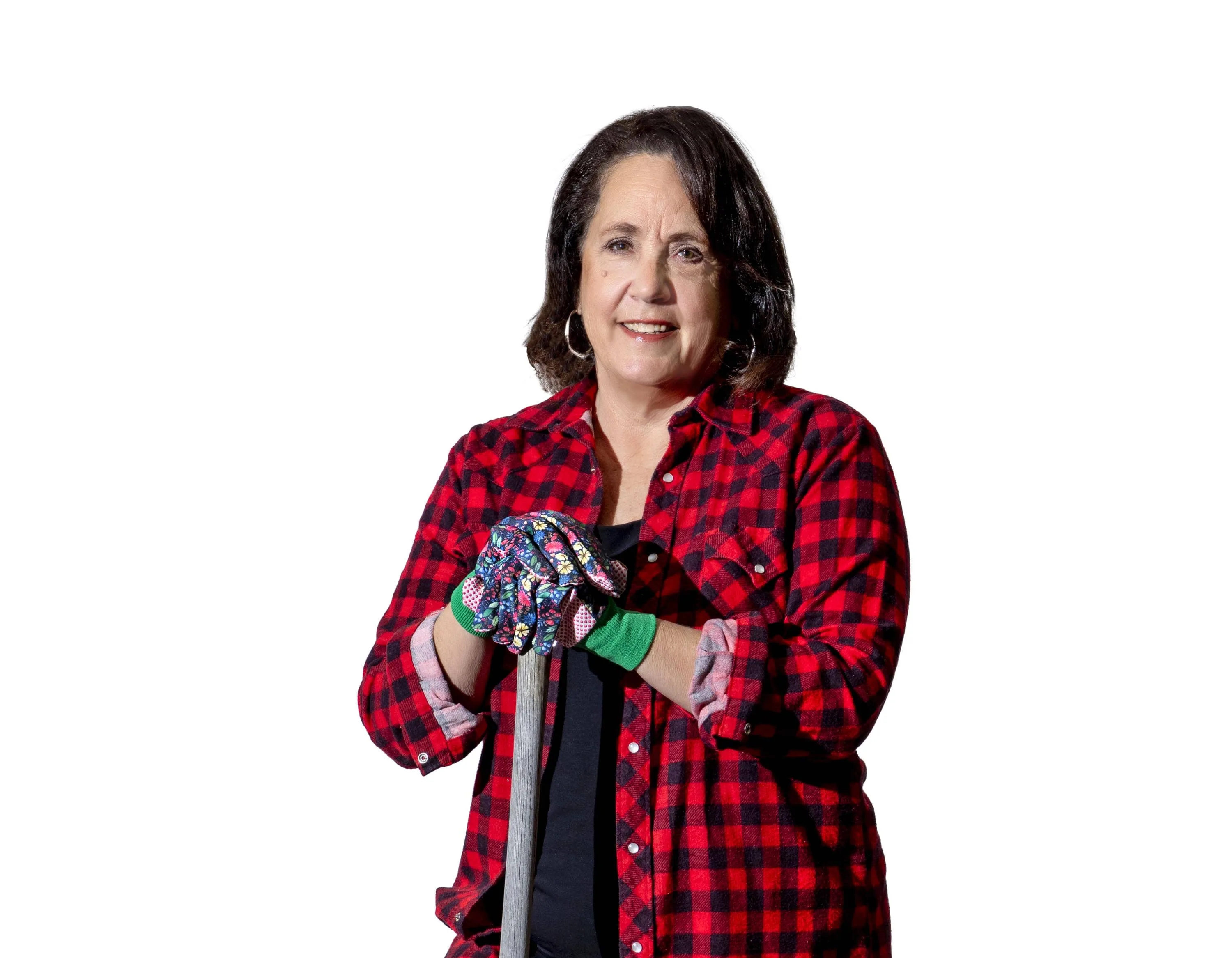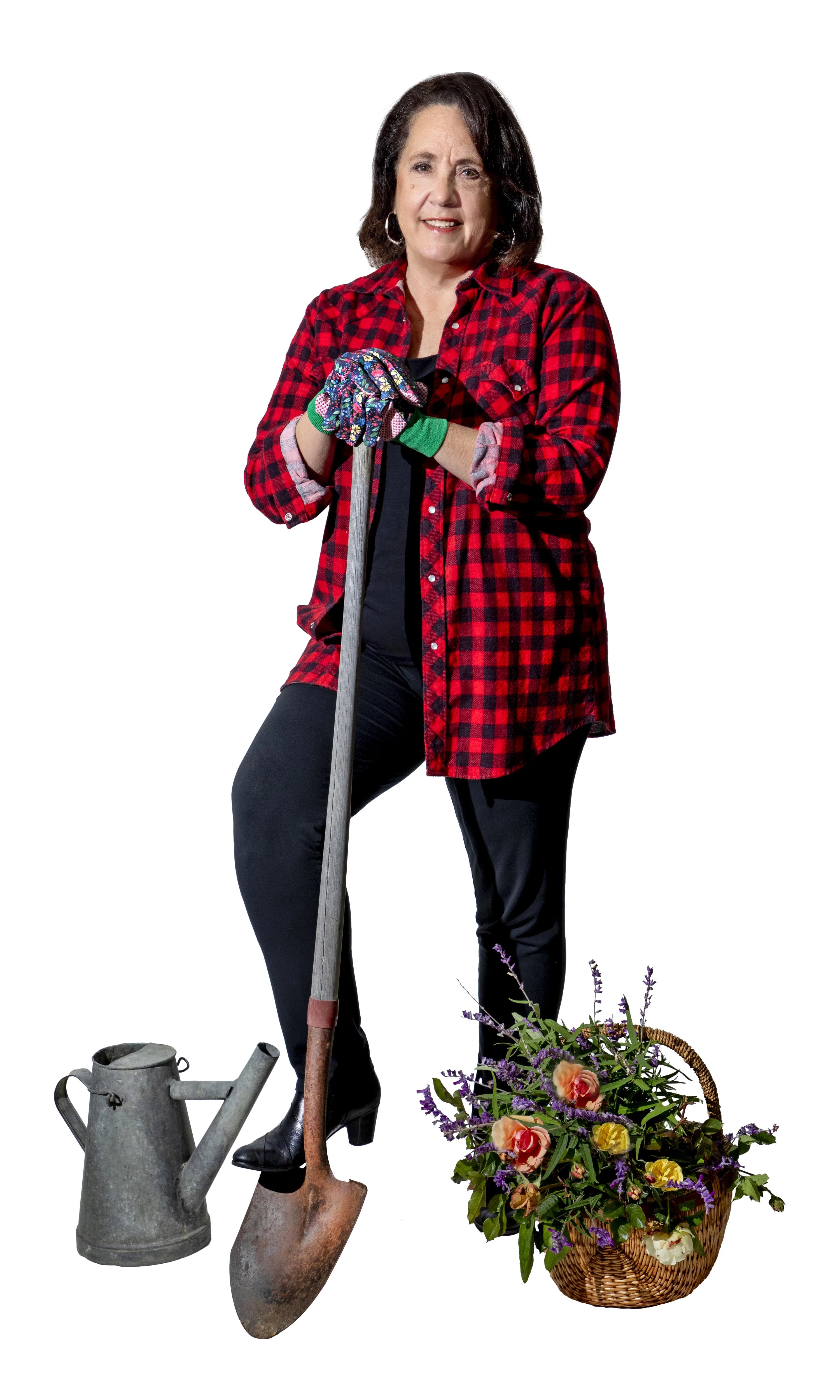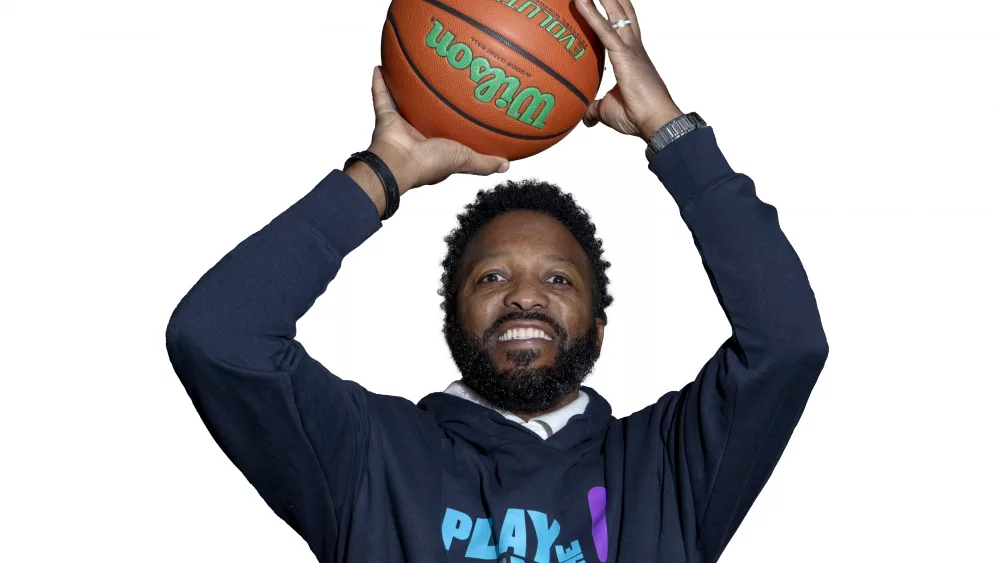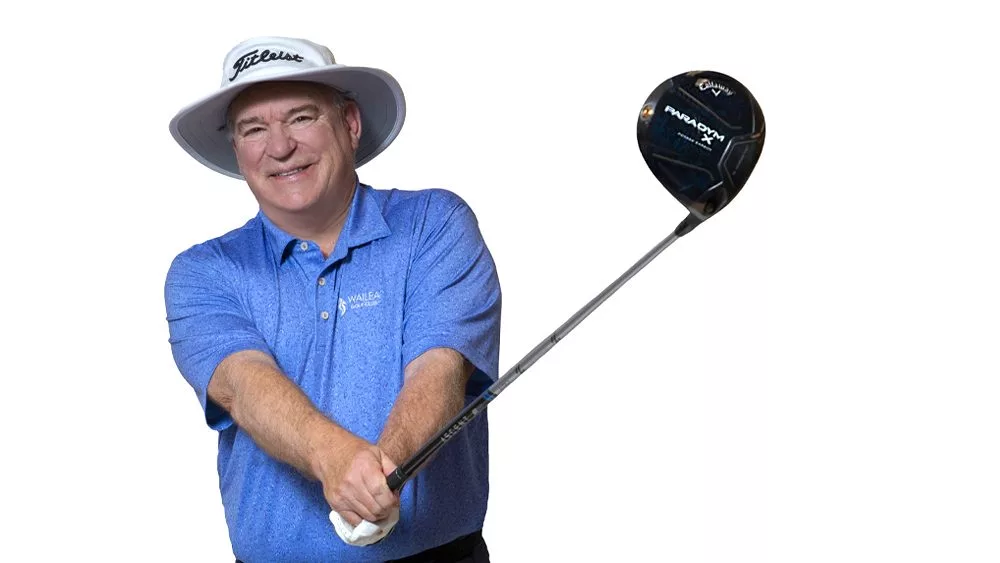
Ramona Faith, CEO of Healthy Petaluma
Ramona Faith is a fourth-generation local who prides herself on being able to improve the community in which she lives. In fact, Faith is so passionate about the healthcare industry in Sonoma County that when asked—if you had to move across the country tomorrow, where would you go and why?—her answer was simply that she has no desire to move away from the area she serves.
Faith was born and raised in the unincorporated West Marin town of Tomales. When discussing how she got into the medical field, Faith says she always knew she wanted to be either a teacher or a nurse. What Faith didn’t realize is how much teaching there actually is within the nursing field. “I got the best of both worlds. As a nurse I taught nurses, I taught patients, and I taught families.”
Faith is now the CEO of Healthy Petaluma District & Foundation, a public agency dedicated to improving the health and wellbeing of community members. One of the projects they are currently working on is bringing so-called “blue zones” to Petaluma. Blue zones are geographic areas with lower rates of chronic disease and longer life expectancies. The term blue zone is credited to demographer Michael Poulain and popularized by author Dan Buettner, who researched blue zones in the early 2000s before founding Blue Zones LLC, which promotes longevity, provides tips and information and sells books and products about blue zones.
According to the Healthy Petaluma website—healthypetaluma.org—the agency has partnered with health and longevity staff at the Blue Zones to assess and accelerate Petaluma’s path to health and well-being. A series of events have taken place to solicit community feedback and a kick-off event for Blue Zones Project Petaluma is scheduled for April 2024. Curious to find out more? Head to healthypetaluma.org or visit the Healthy Petaluma headquarters at 1425 N. McDowell Blvd., Suite 150.
How has your background as a nurse and health-care administrator influenced your role leading Healthy Petaluma?
I believe that the culmination of experiences that I’ve had over the years has provided me a broad base to move forward in a public heath space. I think having the hospital experience was a critical component because when I joined the district one of the priority areas to address was the future of Petaluma Valley Hospital. So coming from that background of hospital administration helped with that process and understanding some of the needs of the hospital.
Is Petaluma going to become a blue zone?
Well, blue zones is something that I’ve been evaluating and following for eight to 10 years. I’m very pleased to be able to bring the blue zones to Petaluma—it was my dream to bring it to the county because Petaluma is part of something larger. The timing wasn’t right for the county, but it was for Petaluma. And we here at Healthy Petaluma are very excited to be partnering with the City of Petaluma, as well as Providence Health System which operates Petaluma Valley Hospital, to bring this initiative forward and be able to develop a transformation on how we look at and deal with health and well-being.
What areas of health most need to be addressed in Petaluma?
Petaluma in general is a fairly healthy community, but with that being said there is a lot of work that still needs to be done in specific areas like mental health. Mental health and well-being, loneliness, being able to connect and just being able to go out and walk and visit neighbors. It’s not rocket science. We’ve lost the ability to connect. Our youth don’t feel connected to their schools, our seniors [feel isolated]. I think that we just need to really focus on how we can connect as individuals and as a community. And create more opportunities to do so.
What is the end goal with this Blue Zone Project?

Our goal is to have it become a county-wide initiative. If we do really well at what we are doing other people are going to be knocking on the door, saying—how can I do that? As a matter of fact, that has happened. I’ve been contacted by someone from Morgan Hill, Santa Clara who wants to implement some type of well-being initiative and wants to know how we got to this point. Another example is Monterey. Salinas had started a project and within the year they rolled it out to Monterey, county-wide. It’s not uncommon for that to happen once people can understand and see the momentum and see some of the changes.
Do you have a favorite restaurant in Sonoma County?
I have three—and what this tells me is that I really like Italian food because they are all Italian restaurants. But Sugo Trattoria is great. They have a wonderful special, they have the best bruschetta ever. Cucina Paradiso is a wonderful restaurant, and it was one of my dad’s favorite restaurants. And, of course, Volpi’s, which you know has history and I’m sure my great-great grandparents when they came to town would stop off at Volpi’s. It’s a great restaurant.
How do you decompress?
I like to garden. I like getting into the soil and I like to clip, weed and water. Watering to me is very relaxing so sometimes I’ll go out and water even though I don’t need to. But I like gardening and then, of course, family time. It just lightens my heart to be able to be around my family so if I have a really difficult week I’ll go and spend some time with them.
When you need to get out of the house, where do you go?
I do like to gather with family and friends, go out to dinner or go down to the beach. I’m very blessed to live close to Dillon Beach. The older I get the more I appreciate the beach.
If you could have dinner with any two famous people, who would they be?
I would love to have dinner with Melinda Gates because of all the work she does with philanthropy, and she’s dedicated to health and well-being…she’s so visionary and global. And then the other one I thought back on was Maya Angelou, she’s a poet. I remember doing my thesis in grad school and I leaned toward her because of her life’s work. And I remember the one quote that she had which is so true—I’ve seen this and felt it in my line of work in caring for patients. And that is, “I’ve learned that people will forget what you said, people will forget what you did, but people will never forget how you made them feel.”
Why does that quote mean so much to you?
[Angelou] talks a lot about calling. Like I said before, [health care] isn’t work to me. You know I really believe I’m here to try to make a difference in improving health care. And my kids will ask me, “Mom, why do you work so hard?” And I tell them that there is so much work to do and I want to leave this as a better place for you.
And do you see it getting better?
I wouldn’t say it’s getting better, and I wouldn’t say it’s getting less complicated, but I will say that I’m willing to work with others to try and improve the processes and systems because people are not getting the care they need. The systems are complex and convoluted and access should be easier.



